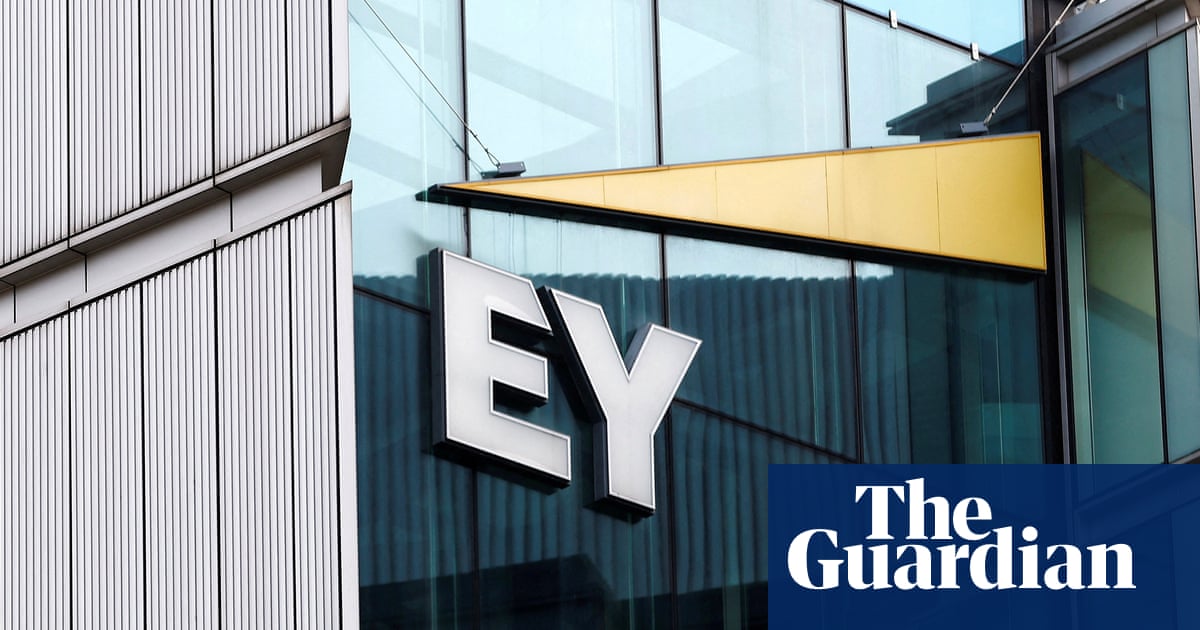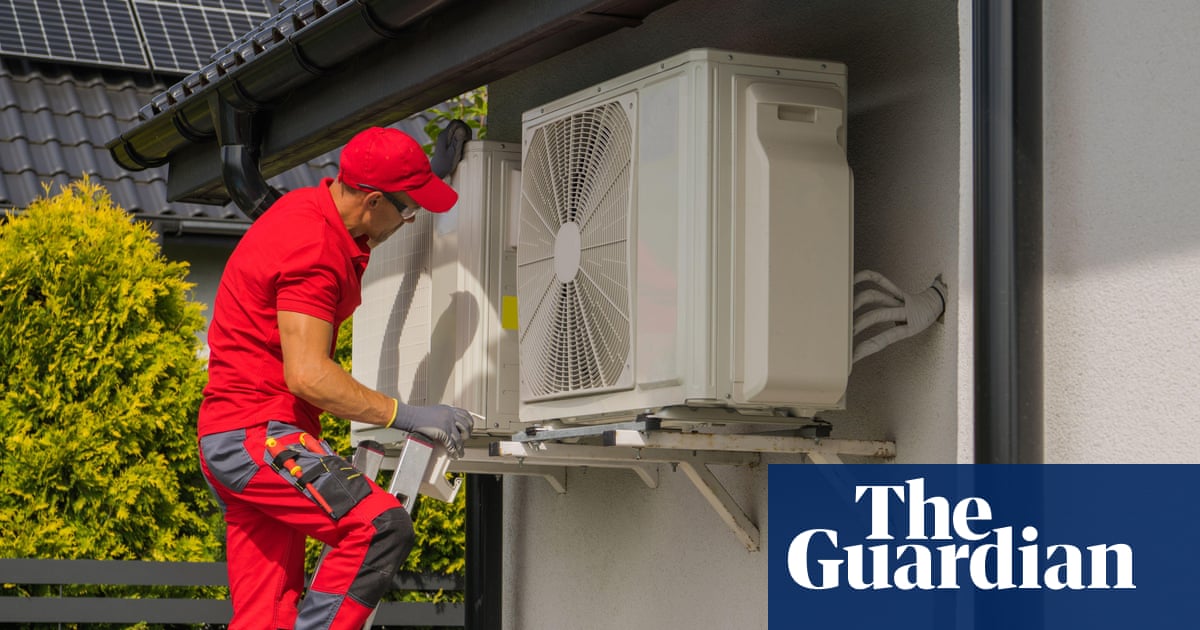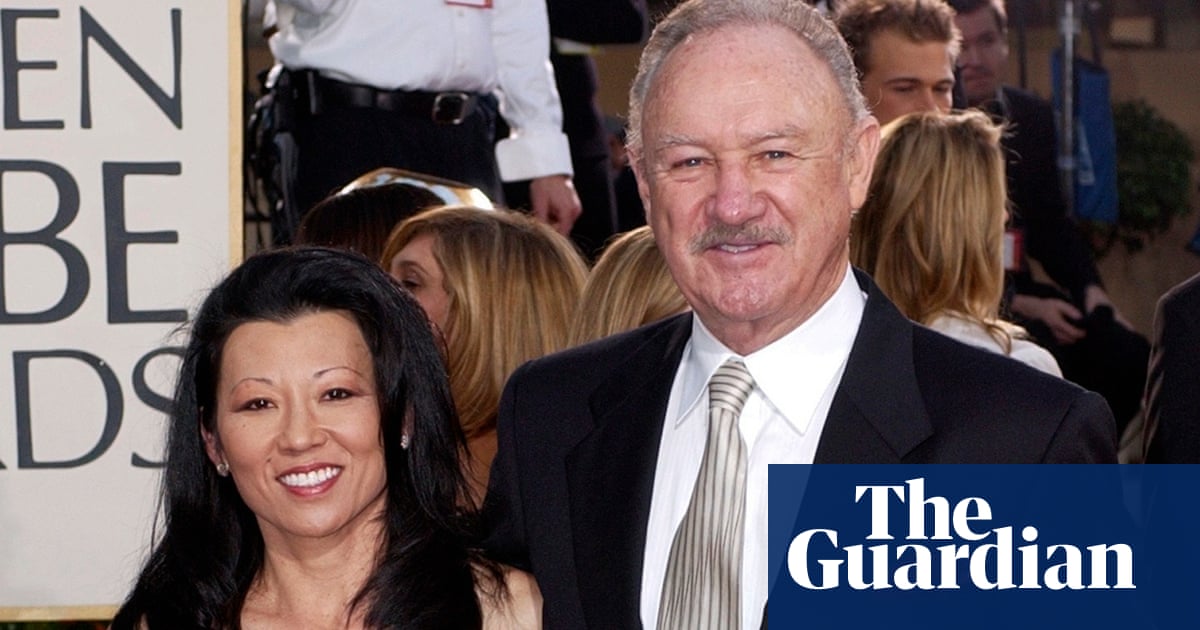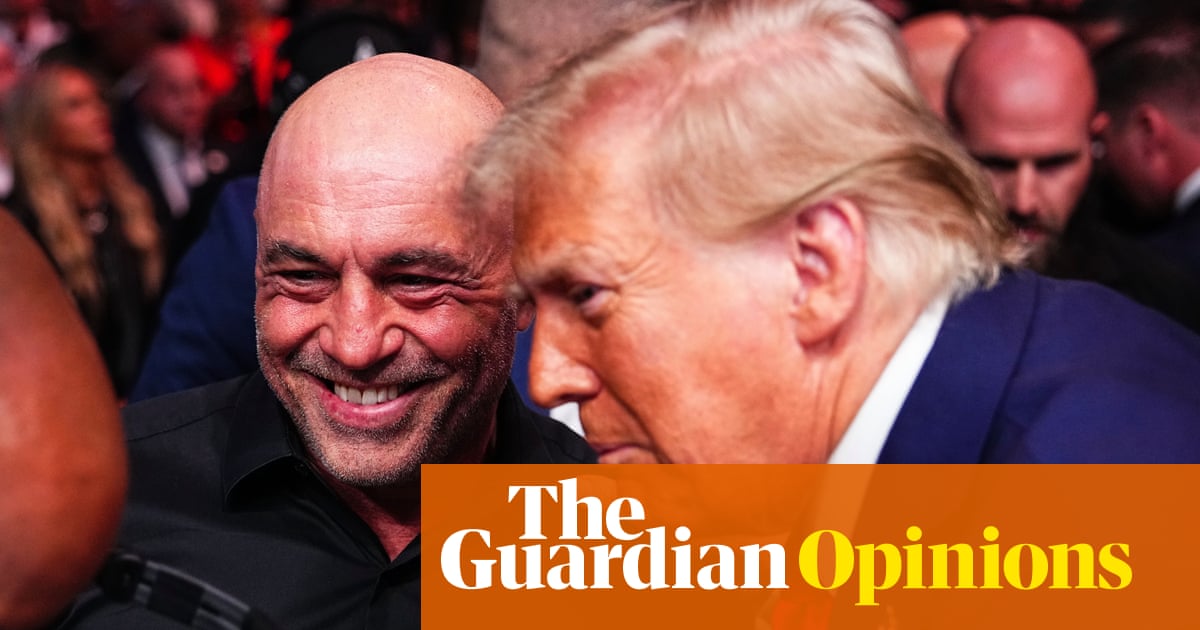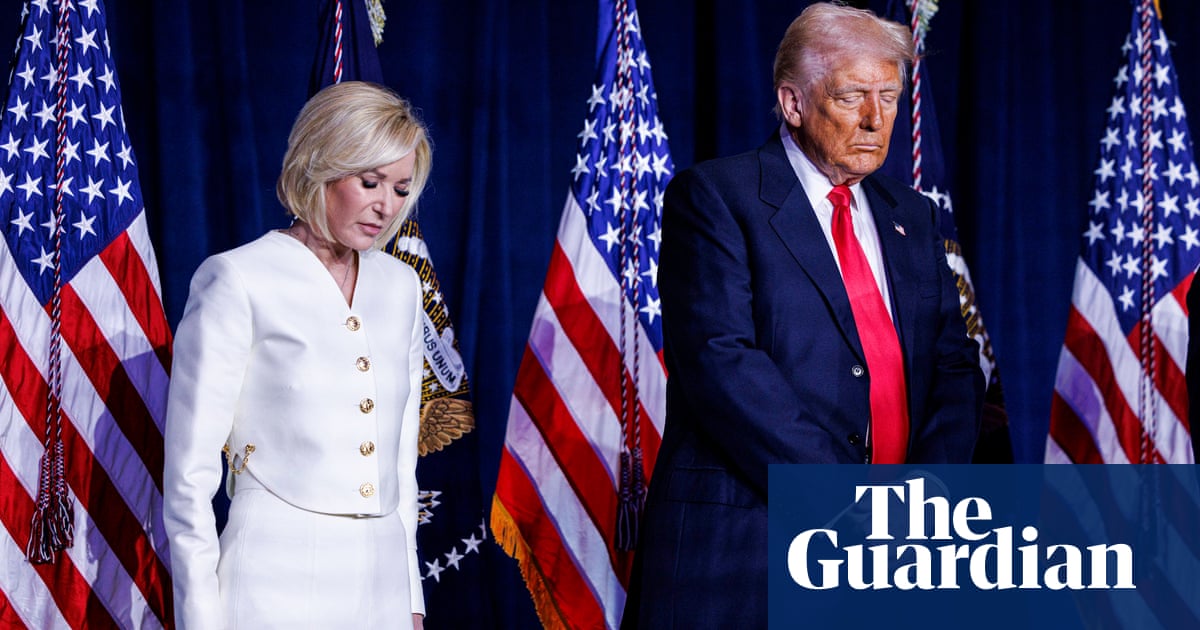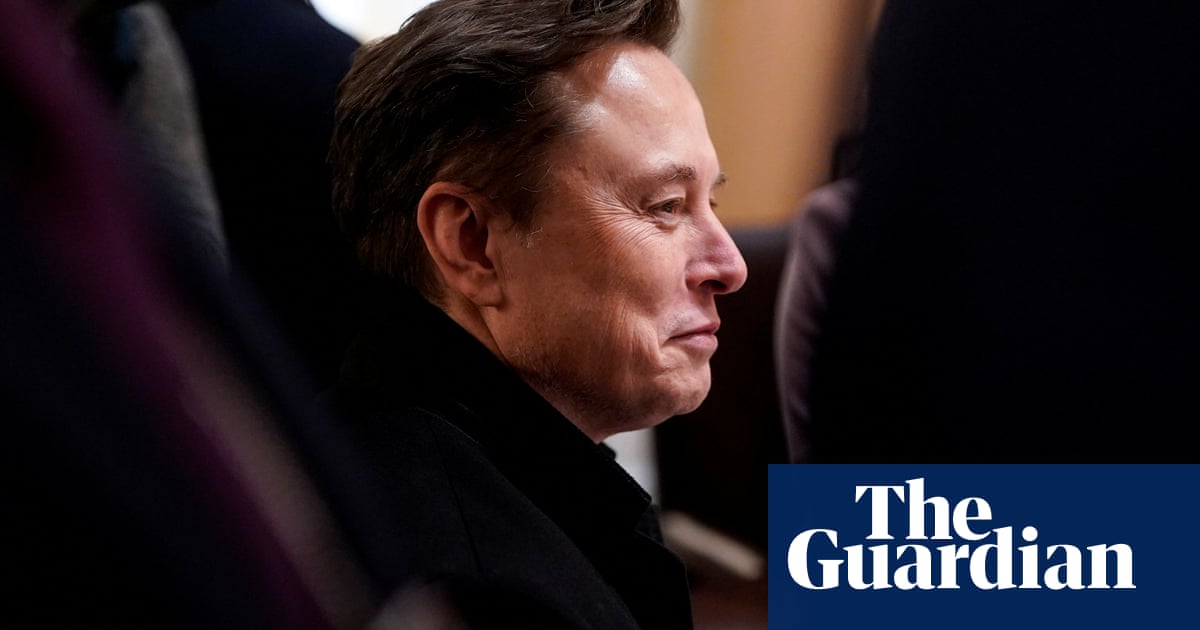European stock markets have risen on Tuesday in early signs of a rebound from the punishing global sell-off triggered by US trade tariffs.
Stock markets in the UK and across the EU were in positive territory in early trading on Tuesday as some investor optimism returned after heavy falls as a result of Donald Trump’s “liberation day’” tariff announcements last Wednesday.
London’s FTSE 100 index of blue-chip stocks was 106 points higher, up 1.4%, at 7811. Germany’s Dax was 1.5% higher while France’s CAC jumped by 1.4%. The pan-European Stoxx 600 index rose 1.4%.
On the FTSE, theindustrial companies Rolls-Royce and BAE Systems were the biggest risers, up 5% and 4% respectively, followed by miners, oil companies and banks.
Investors are hoping the market could stabilise as reports have emerged that the US Treasury secretary, Scott Bessent, will lead trade talks with Tokyo, in a sign that the Trump administration will be open to negotiate on tariffs.
The news drove a modest rebound in Asian markets overnight, led by Japanese stocks. Tokyo’s Nikkei index recovered by 5.6%, while Hong Kong’s Hang Seng index rose by 1.6% after its steepest drop since the 1997 Asian financial crisis on Monday.
South Korea’s Kospi index closed up 0.5% after it pared back an earlier gain of as much as 2.3%.
However, Taiwan’s benchmark, the TWII, ended the session down 5%, after its worst daily fall on record on Monday. The country is heavily dependent on chip exports and was hit with a 32% duty by the US.
Despite some of the rebounds, there remains a heightened level of uncertainty among investors in Asia. The Chinese government said it would “fight to the end” if the US continues to escalate the trade war, after Trump threatened additional 50% tariffs if Beijing did not reverse its own 34% reciprocal tariff.
after newsletter promotion
The Chinese commerce ministry vowed to “resolutely take countermeasures”, adding that China “will fight to the end if the US side is bent on going down the wrong path”.
In Europe, the European Commission said on Monday it had offered the US a “zero-for-zero” tariff deal on cars and industrial goods weeks before Trump launched his trade war. The EU commissioner for trade, Maroš Šefčovič, said the EU remained open for talks but it would not “wait endlessly”.
Matt Britzman, a senior equity analyst at Hargreaves Lansdown, said: “Investors are waking up to a positive sight for once, with markets opening higher across a broad range of European indices.
“However, this should hardly be seen as the end of the trouble, especially with President Trump showing no signs of easing his stance on perceived trade imbalances, having doubled down on China.”
Britzman said signs of US-Japan trade talks offered a “glimmer of hope”. “The sooner deals are reached, the quicker companies and investors can gain some clarity on the lay of the land,” he said.
Elsewhere, the investment bank Goldman Sachs forecast that Brent crude oil could fall below $40 (£31) a barrel in late 2026 in an “extreme scenario” of a global slowdown in GDP and a full unwind of Opec+ production cuts.
Oil prices hit a four-year low on Monday to less than $64 a barrel but improved slightly on Tuesday, up about 1%.
Despite initial signs of a potential recovery in Europe and Asia, the American S&P 500 index is down by more than 10% since the tariff announcements. This marks the worst three-day performance since March 2020 during the height of the pandemic, according to Deutsche Bank.
Government bonds were also sold off heavily on Monday, as the yield on the 30-year US Treasury rose by 21 basis points, its biggest daily spike since March 2020. The yield on the 10-year Treasury bonds rose by as much as six basis points to 4.216% on Tuesday.

.png) 1 week ago
15
1 week ago
15





